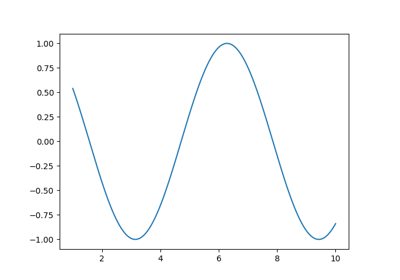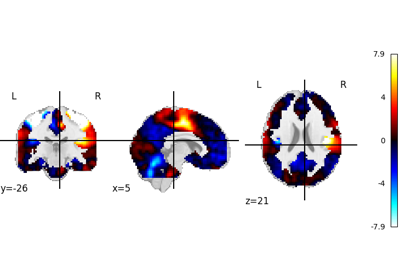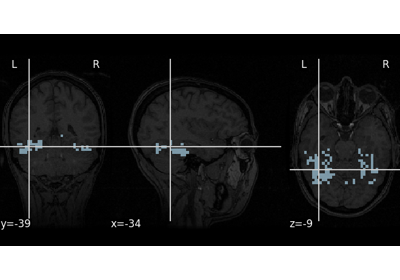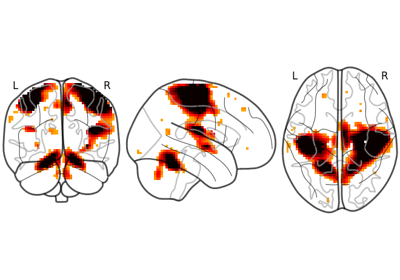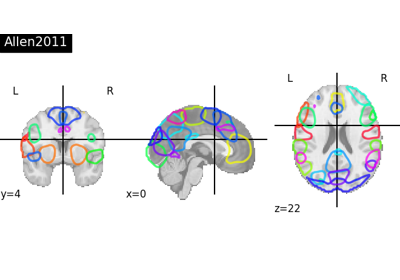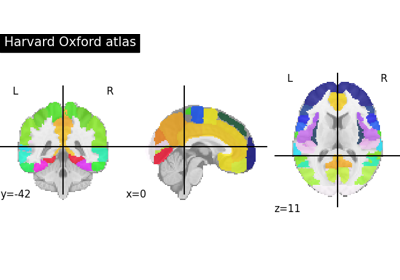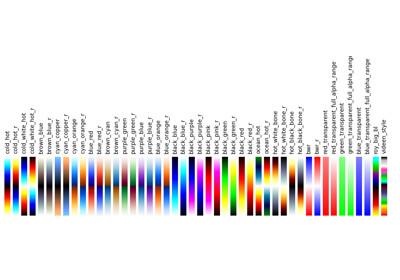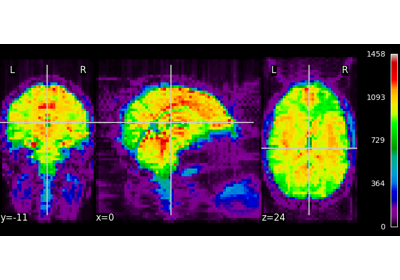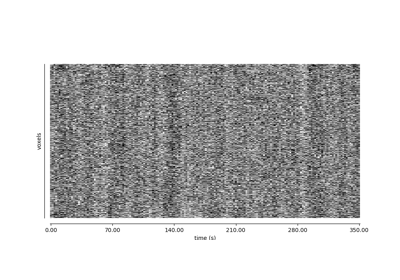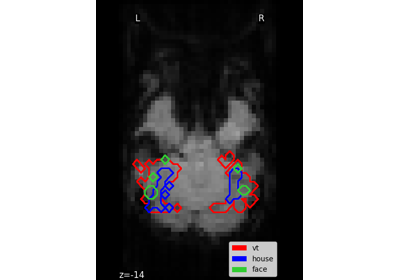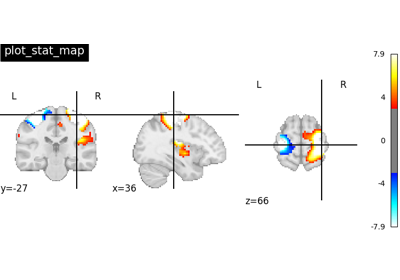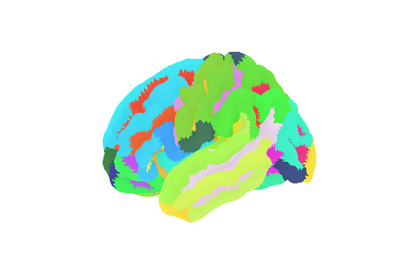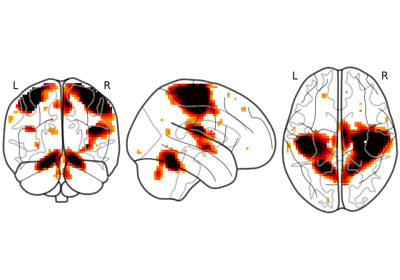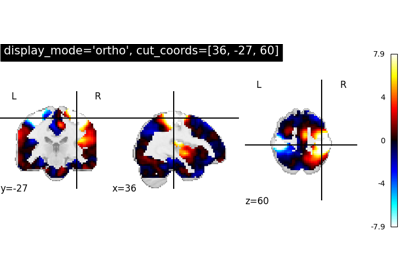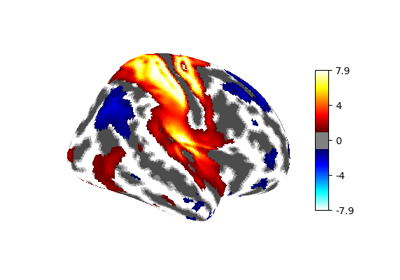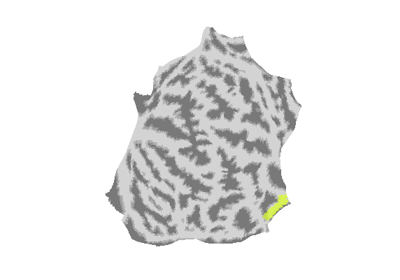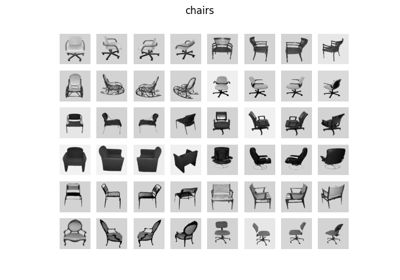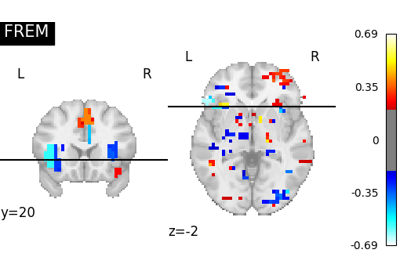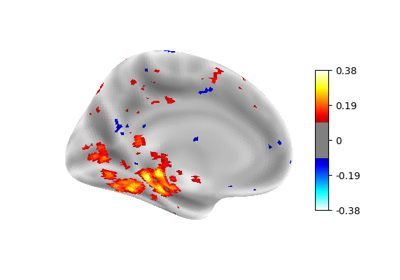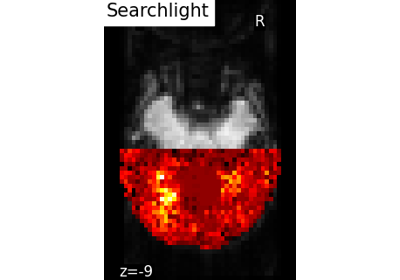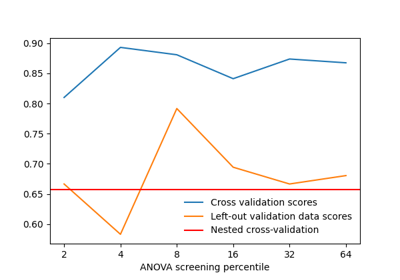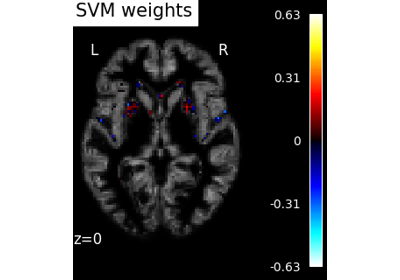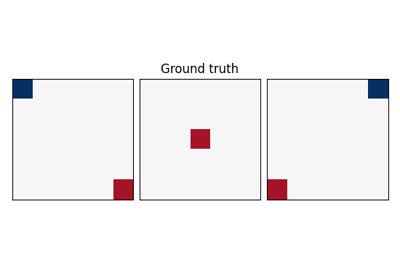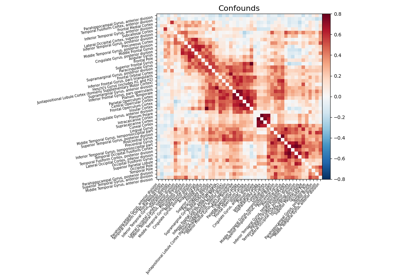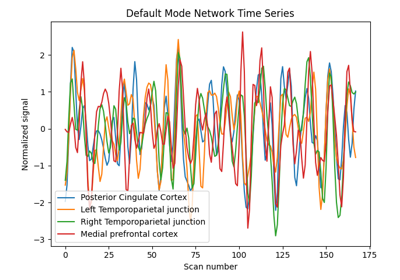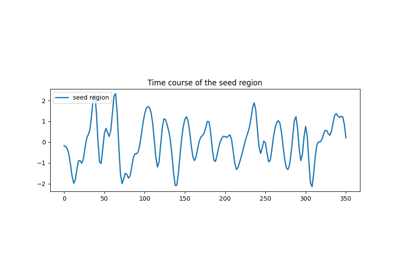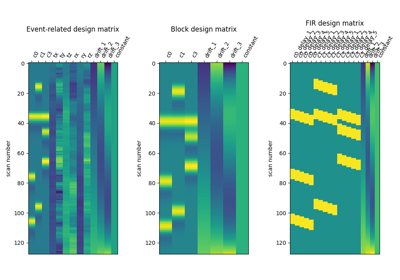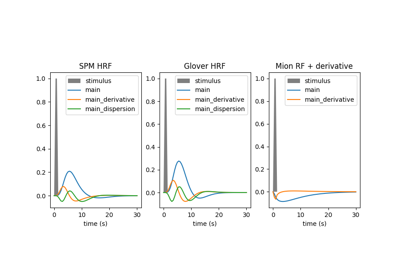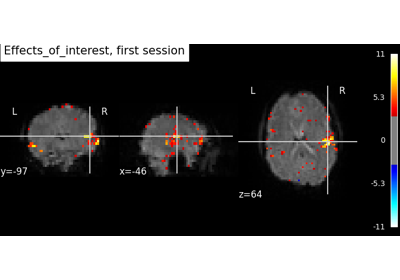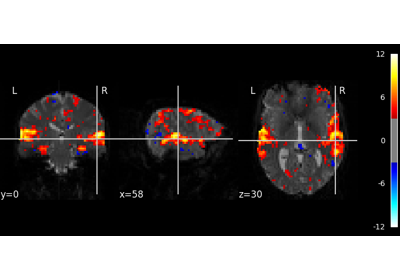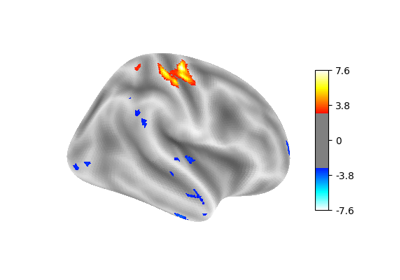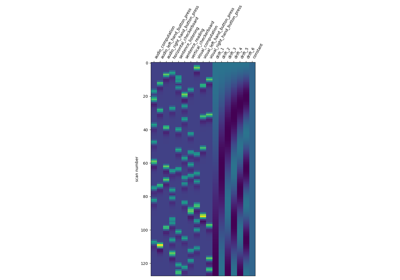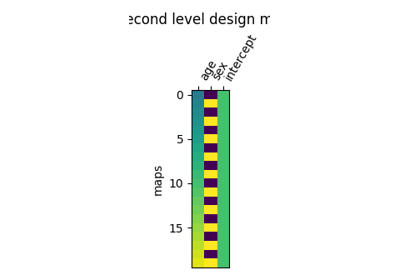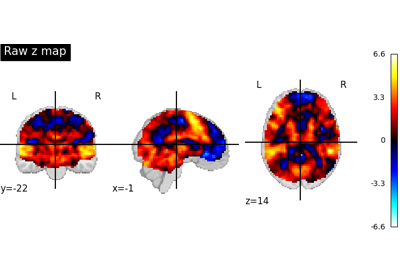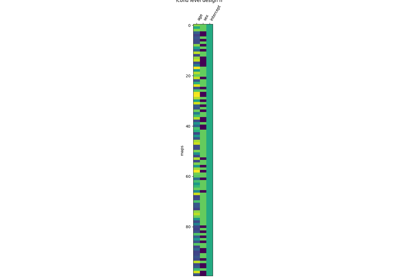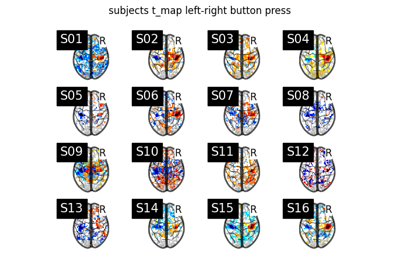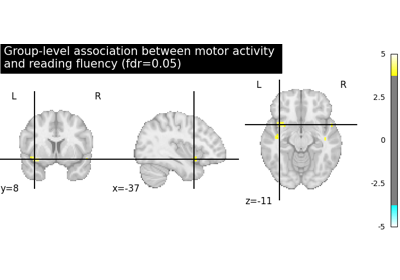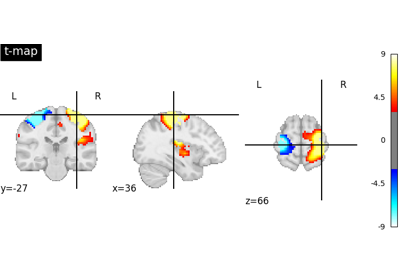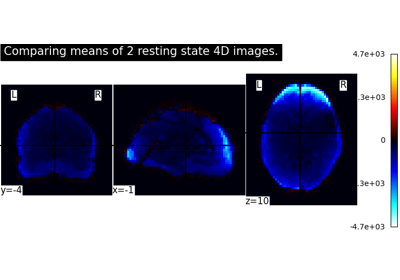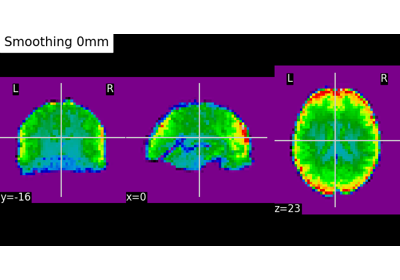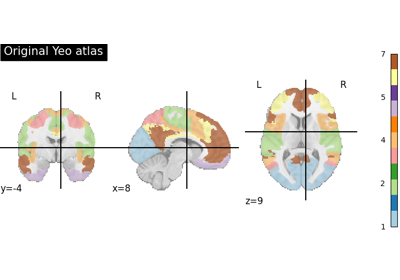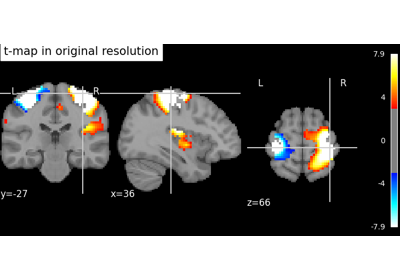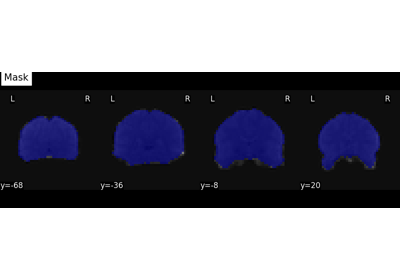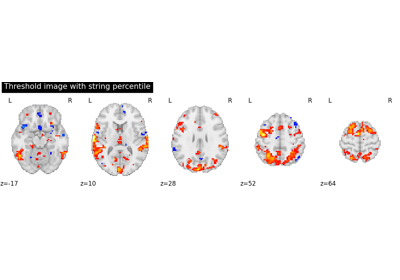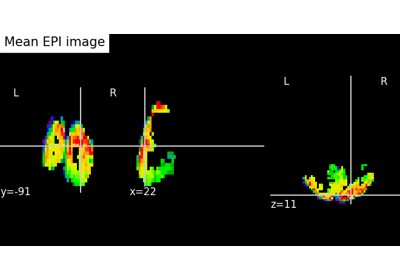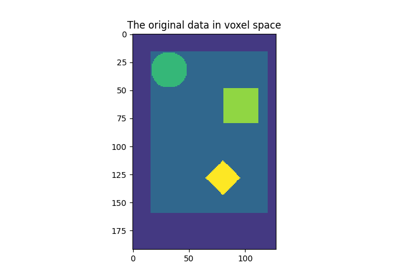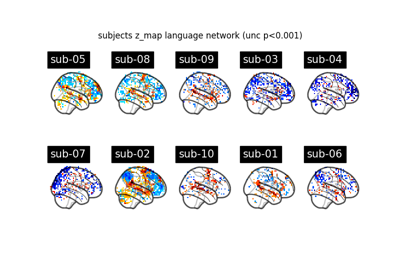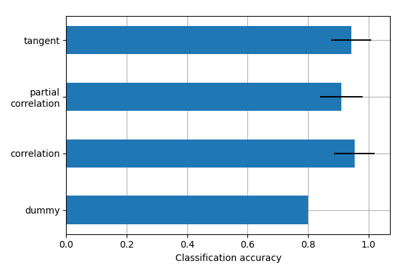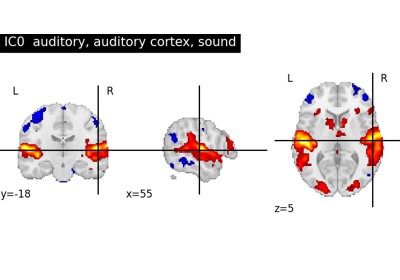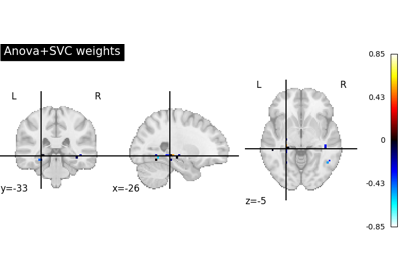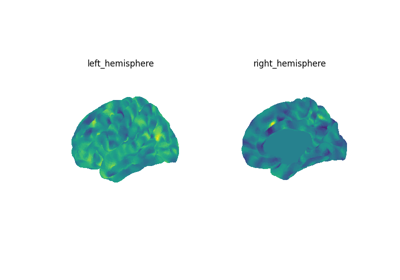Examples#
Warning
If you want to run the examples, make sure you execute them in a directory where you have write permissions, or you copy the examples into such a directory. If you install nilearn manually, make sure you have followed the instructions.
Basic tutorials#
Introductory examples that teach how to use nilearn.
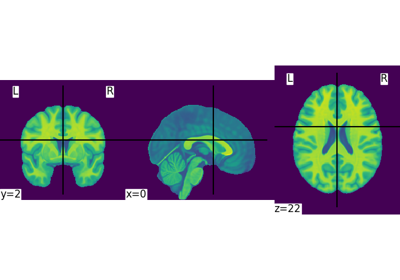
Basic nilearn example: manipulating and looking at data
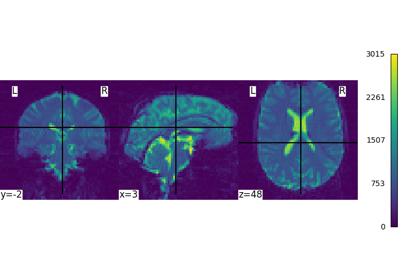
Intro to GLM Analysis: a single-session, single-subject fMRI dataset
Visualization of brain images#
See Plotting brain images for more details.
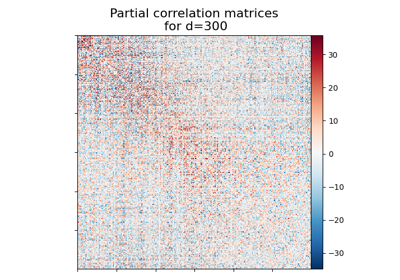
Visualizing Megatrawls Network Matrices from Human Connectome Project
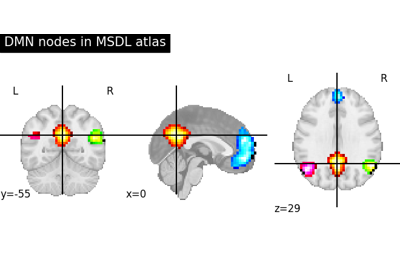
Visualizing a probabilistic atlas: the default mode in the MSDL atlas
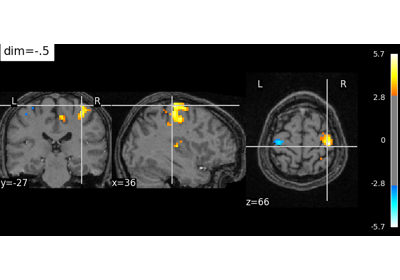
Controlling the contrast of the background when plotting
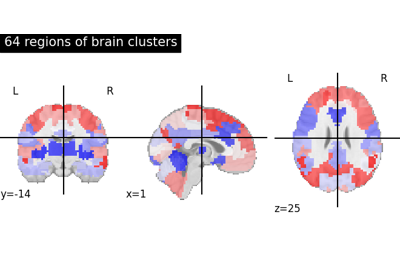
Visualizing multiscale functional brain parcellations
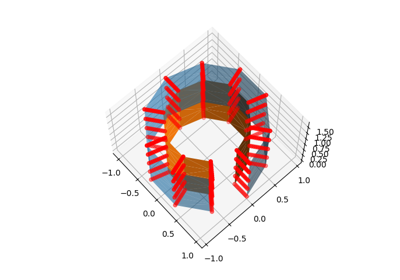
Technical point: Illustration of the volume to surface sampling schemes
Decoding and predicting from brain images#
See Decoding and MVPA: predicting from brain images for more details.
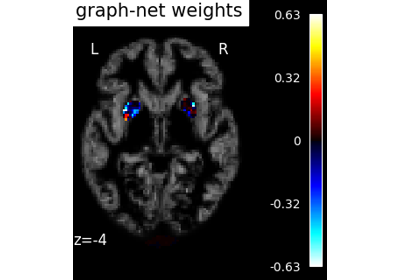
Voxel-Based Morphometry on Oasis dataset with Space-Net prior

Decoding with ANOVA + SVM: face vs house in the Haxby dataset
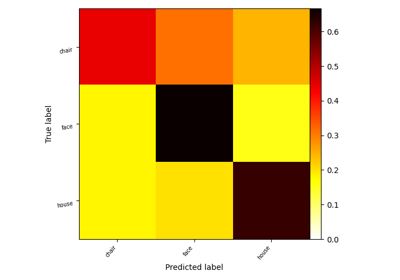
Decoding with FREM: face vs house vs chair object recognition
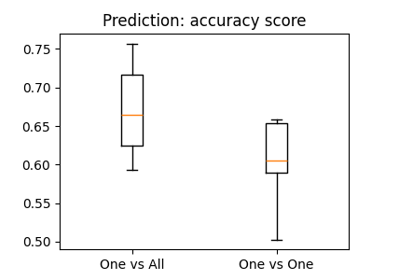
The haxby dataset: different multi-class strategies
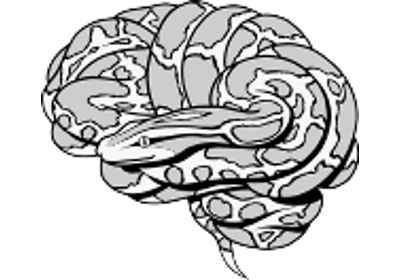
Decoding of a dataset after GLM fit for signal extraction
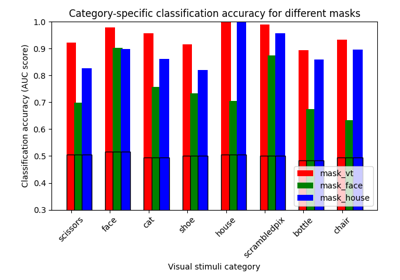
ROI-based decoding analysis in Haxby et al. dataset
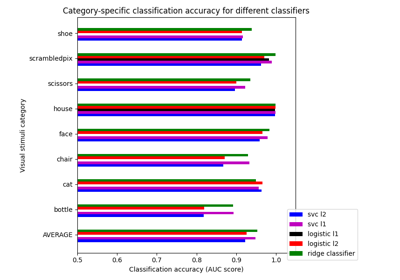
Different classifiers in decoding the Haxby dataset
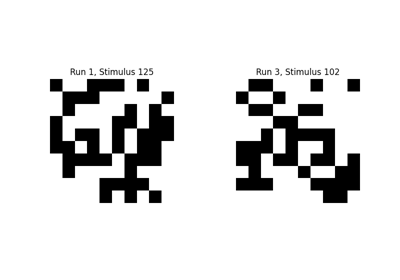
Encoding models for visual stimuli from Miyawaki et al. 2008
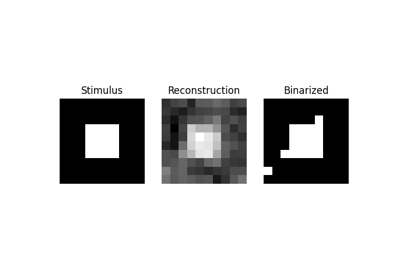
Reconstruction of visual stimuli from Miyawaki et al. 2008
Functional connectivity#
See Clustering to parcellate the brain in regions, Extracting functional brain networks: ICA and related or Extracting times series to build a functional connectome for more details.
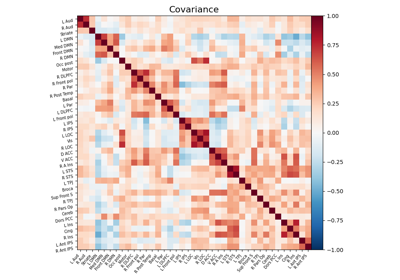
Computing a connectome with sparse inverse covariance
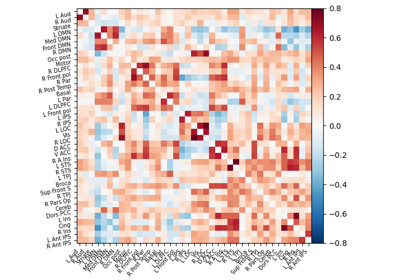
Extracting signals of a probabilistic atlas of functional regions
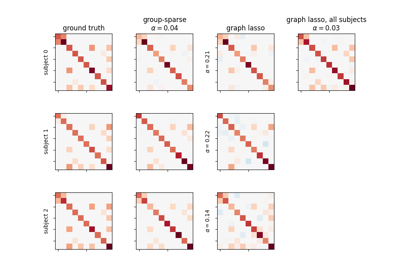
Connectivity structure estimation on simulated data
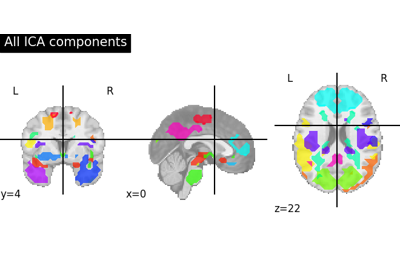
Deriving spatial maps from group fMRI data using ICA and Dictionary Learning
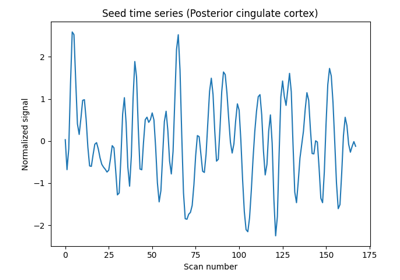
Producing single subject maps of seed-to-voxel correlation
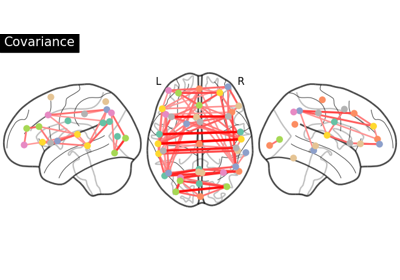
Group Sparse inverse covariance for multi-subject connectome
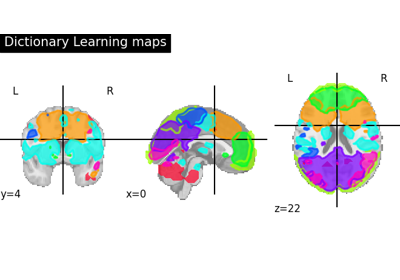
Regions extraction using dictionary learning and functional connectomes
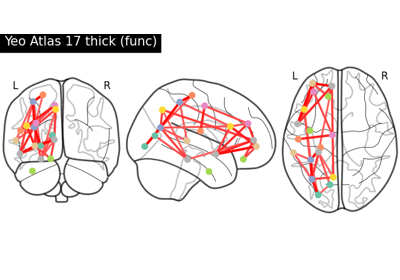
Comparing connectomes on different reference atlases
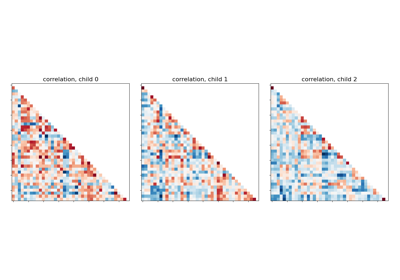
Classification of age groups using functional connectivity
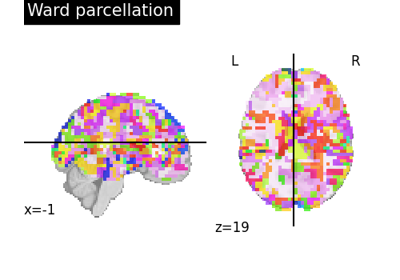
Clustering methods to learn a brain parcellation from fMRI
GLM: First level analysis#
These are examples focused on showcasing first level models functionality and single subject analysis.
See Analyzing fMRI using GLMs for more details.
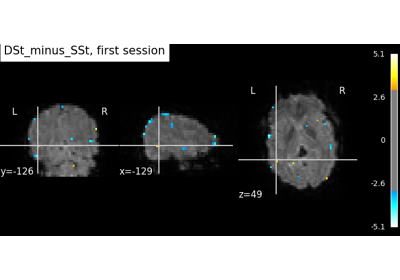
Example of explicit fixed effects fMRI model fitting
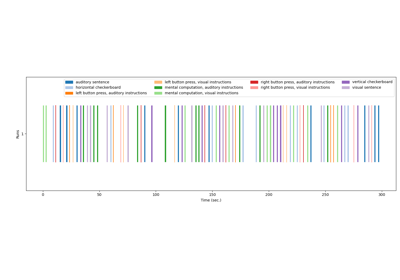
Generate an events.tsv file for the NeuroSpin localizer task
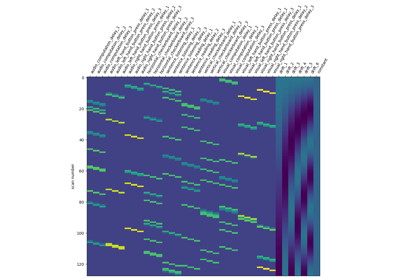
Analysis of an fMRI dataset with a Finite Impule Response (FIR) model
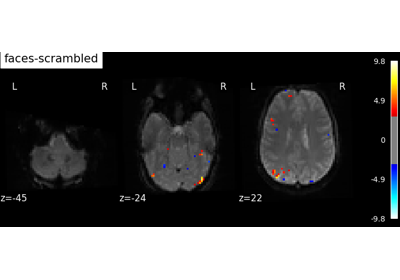
Single-subject data (two sessions) in native space
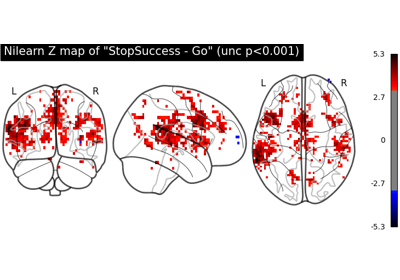
First level analysis of a complete BIDS dataset from openneuro
GLM: Second level analysis#
These are examples focused on showcasing second level models functionality and group level analysis.
See Analyzing fMRI using GLMs for more details.
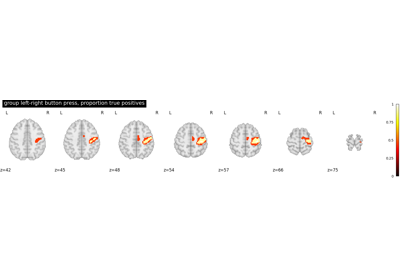
Second-level fMRI model: true positive proportion in clusters
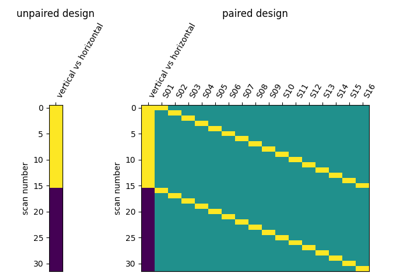
Second-level fMRI model: two-sample test, unpaired and paired
Manipulating brain image volumes#
See Manipulating images: resampling, smoothing, masking, ROIs… for more details.
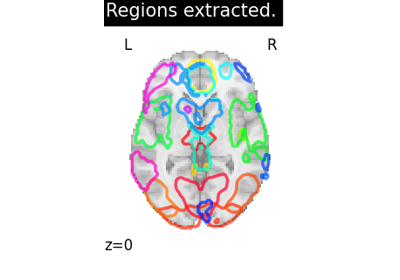
Regions Extraction of Default Mode Networks using Smith Atlas
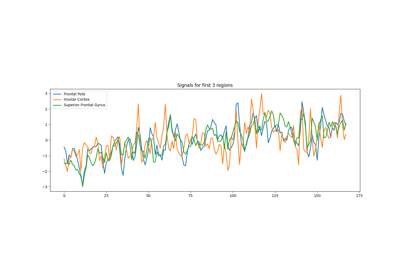
Extracting signals from brain regions using the NiftiLabelsMasker
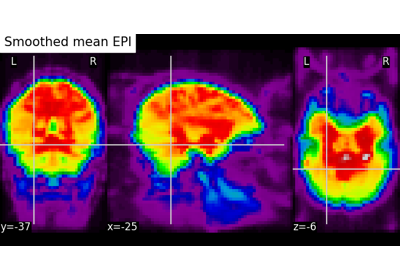
Computing a Region of Interest (ROI) mask manually
Advanced statistical analysis of brain images#
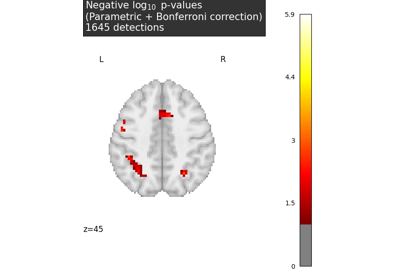
Massively univariate analysis of a calculation task from the Localizer dataset
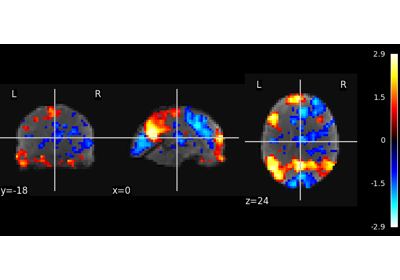
Multivariate decompositions: Independent component analysis of fMRI
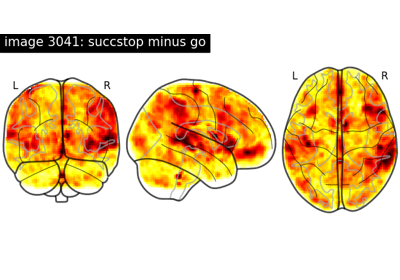
NeuroVault meta-analysis of stop-go paradigm studies
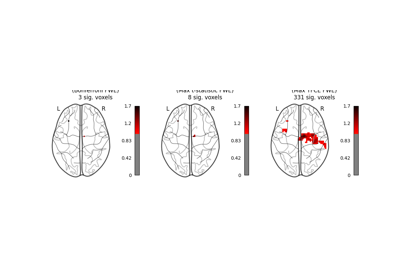
Massively univariate analysis of a motor task from the Localizer dataset
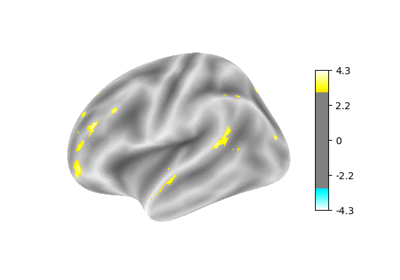
Surface-based dataset first and second level analysis of a dataset
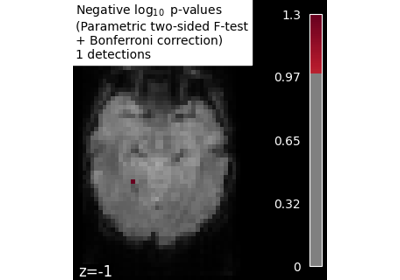
Massively univariate analysis of face vs house recognition
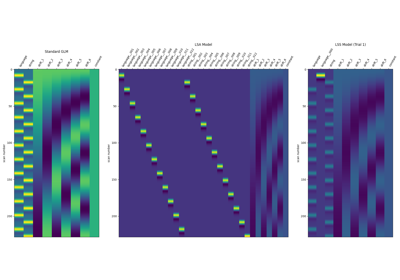
Beta-Series Modeling for Task-Based Functional Connectivity and Decoding
Examples for experimental modules#
These are examples focused on showcasing experimental features and are subject to change without any notice.
